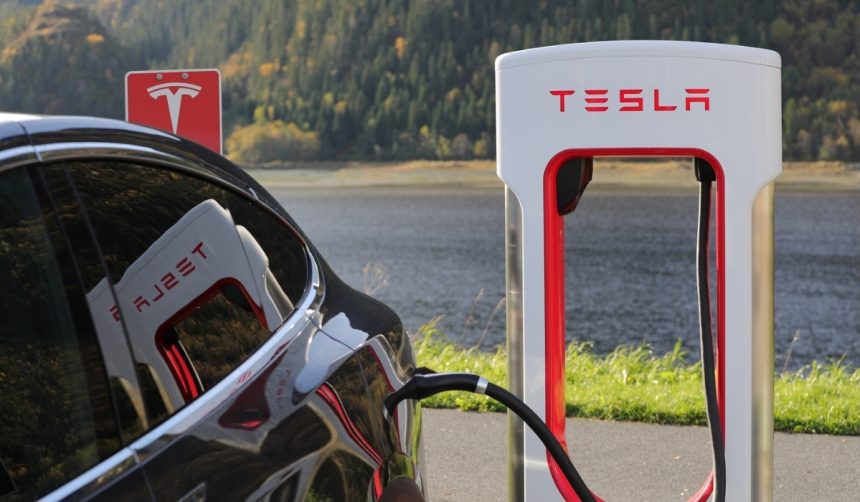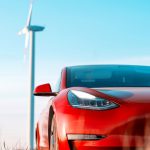As the debate over vehicle emissions standards continues in the United States, Tesla has expressed strong opposition to efforts that would weaken established climate regulations. The company sent a direct request to the White House, emphasizing that maintaining rigorous standards is essential not only for curbing greenhouse gas emissions but also for protecting public health. The conversation around emissions policy comes at a time when global awareness of environmental risks has steadily increased, and the automotive industry faces mounting pressure to innovate. Amid this climate, Tesla warns of potential setbacks to cleaner air and industry progress if the government moves ahead with proposed rollbacks.
Details that surfaced about Tesla’s advocacy follow discussions over the past several years that revealed contrasting strategies among leading automakers in America. While Tesla maintains its longstanding push for tighter emissions controls, most of its competitors, including General Motors, Toyota, and Volkswagen, have previously sought government flexibility on these targets. Companies have weighed the economic costs of compliance credits and the technical challenges of accelerating electric vehicle rollout. The commercial advantages Tesla gained through the sale of emissions credits—exceeding $2.8 billion last year—highlight broader industry shifts and point to deep divisions regarding federal climate mandates.
How Did Tesla Address Its Concerns on Standards?
Tesla directly criticized the Environmental Protection Agency’s recent proposal to ease tailpipe emission restrictions, describing it as a move that would allow vehicle manufacturers to bypass essential rules. The company stressed in its communication that such policy changes could impact measurement, control, and reporting requirements for greenhouse gas emissions in the auto sector.
“Abandoning the standards would give a pass to engine and vehicle manufacturers for all measurement, control, and reporting of GHG emissions for any highway engine and vehicle,” Tesla stated in its correspondence.
What Positions Did Other Automakers Take?
In stark contrast to Tesla’s position, legacy carmakers and the majority of established auto giants advocated for delaying or softening the EPA’s emissions goals. These companies, still heavily invested in combustion engine technology and reliant on short-term internal combustion sales, often view stringent standards as financially burdensome. However, a collective improvement in hybrid and electric options has allowed the group to claim a greater share of the market, posing competitive challenges for Tesla.
Can Current Policies Affect Tesla’s Business Model?
Tesla benefits financially from emissions regulations that its rivals struggle to meet, generating considerable revenue by selling compliance credits. Last year alone, the company earned nearly three billion dollars through these credits. The company cautioned that policy reversals could undermine not only its business but broader industry innovation:
“[It] undermines the stability of this program, diminishes the value of performance-based incentives that electric vehicle manufacturers accrue under the standards, and creates an uneven playing field – reducing the inducement for investment in vehicle innovation,” Tesla explained.
Tesla’s stance on sustaining climate regulations is not new, but the context has shifted as automakers diversify their offerings and collectively gain ground in the electric market. Compared to previous discussions, the current debate features heightened political tensions, with vocal skepticism from figures like former President Trump, who has publicly dismissed climate change concerns. Despite incremental progress by competitors, Tesla continues to dominate U.S. electric vehicle sales, while compliance requirements ensure continued payments to Tesla from less environmentally advanced manufacturers. The broader industry remains divided over the pace and extent of adopting emissions standards amid shifting political winds.
When evaluating the implications of this debate for consumers and the industry, several points stand out. Consumers should recognize that emissions standards not only affect air quality and climate outcomes but also shape the competitive landscape of vehicle innovation and pricing. The financial dynamics driven by emissions credits can both support leaders in electric vehicle development and expose lagging manufacturers. Policymakers face a complex challenge balancing environmental goals with economic realities in the auto sector. As the conversation evolves, following regulatory decisions and their impact on vehicle offerings and technology will be essential for anyone interested in both transportation and environmental policy.
- Tesla opposed efforts to relax U.S. emission standards.
- Other automakers sought delays, citing financial challenges.
- Emissions policies directly affected Tesla’s revenue and competitive stance.










